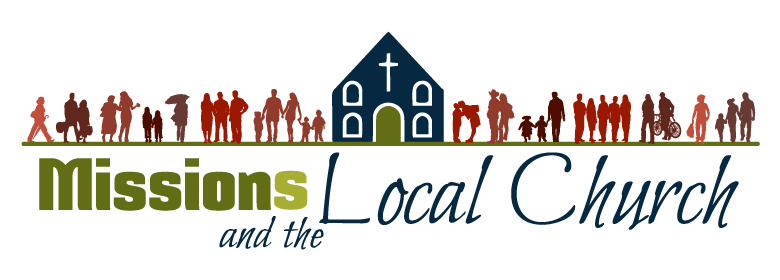 Two or three times a week, I volunteer in our church office and type up the prayer requests from our weekend services. During that hour or so, I get a glimpse into the deepest, most vulnerable spaces in the hearts of men and women, young and old. I read of great joys – the birth of a baby, a son’s turning to Christ, a new job; and I feel the depths of despair – a miscarriage, a child diagnosed with cancer, a death too young.
Two or three times a week, I volunteer in our church office and type up the prayer requests from our weekend services. During that hour or so, I get a glimpse into the deepest, most vulnerable spaces in the hearts of men and women, young and old. I read of great joys – the birth of a baby, a son’s turning to Christ, a new job; and I feel the depths of despair – a miscarriage, a child diagnosed with cancer, a death too young.
Prayers are asked for job interviews, school exams, struggling marriages; for safety in war, peace with finances, release from fears, faith.
Only a few of the prayers come with a request for follow-up from a pastor or a volunteer. Some clearly want guidance in how to deal with the situation; some may just want to know that someone—anyone—has heard and prayed.
A number of weeks ago I came across a prayer request that spoke of violence in the home, abuse the writer didn’t know how to handle. They didn’t mark the “follow-up” box; I don’t remember if they even wrote their name or contact information, or if this was one of the several anonymous requests we receive each week.
It’s not my place to respond in those situations, and I trust our church’s pastors to act even when no action is requested. But that was one of the many times I’ve taken my hands away from the keyboard and lifted them to God in brokenness and empathy, and asked Him to intervene.
Other than the cries from deep pain, the hardest thing about these prayer requests is that there are so few, and so few seem to want anyone to come talk. On a typical Sunday, we receive maybe 20-30 prayer requests; that’s less than two for every hundred people in church. That’s staggering. Do we not believe in prayer, or that God answers? Do we not know that a team of people is waiting every week just to pray for those in our church? Or do we think that no one cares enough to want to read our burdens?
Don’t worry about anything; instead, pray about everything. Tell God what you need, and thank him for all he has done. Then you will experience God’s peace, which exceeds anything we can understand. His peace will guard your hearts and minds as you live in Christ Jesus. (Philippians 4:6-7, New Living Translation)
So many of our prayers are looking for peace – in families, in finances, in work situations. God tells us to pray about it and thank him for what he’s already done, and then peace will come. Peace that doesn’t make any sense. Peace in the midst of the struggles, the questions, the radiation treatments.
Jesus prays for us (John 17) and the Holy Spirit prays for us (Rom 8:26); God also says we ought to pray for others (James 5:14-16) and to let others pray for us (1 Thess 5:25, Heb 13:18).
Today, pray for the people in your church, in your neighborhood, at your school, in your family. Let someone know that you prayed for them. And let them pray for you.
Prayer is not reserved for the “professionals.” It is what we do. It is how we live as family, as community, as church.

